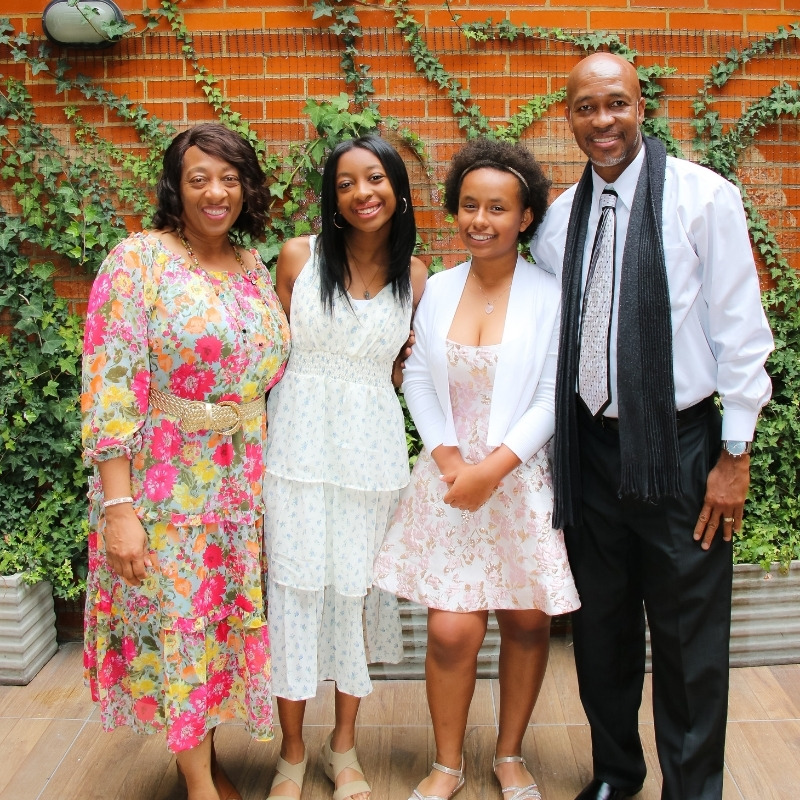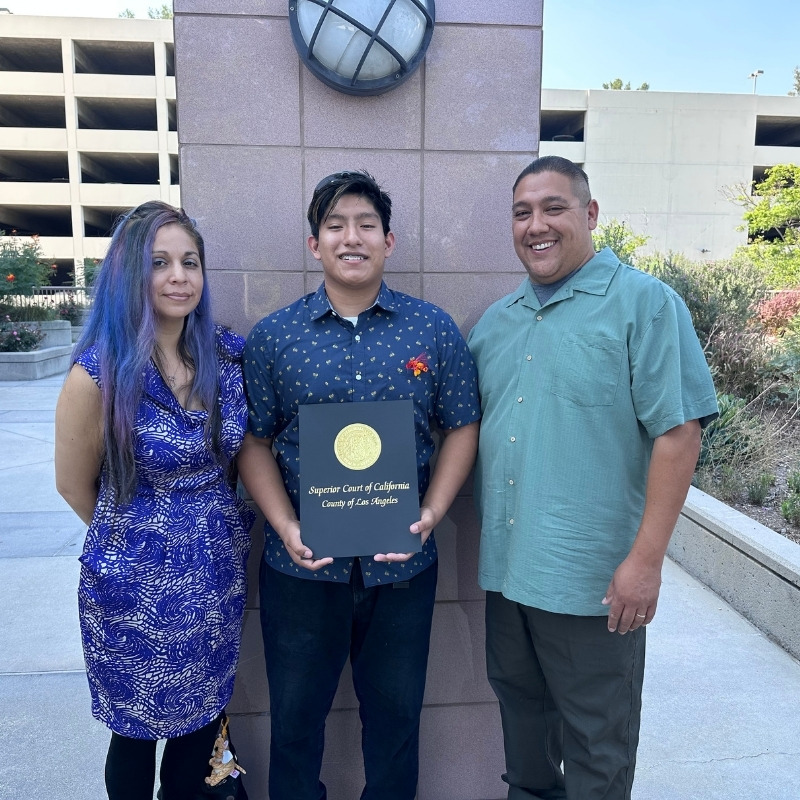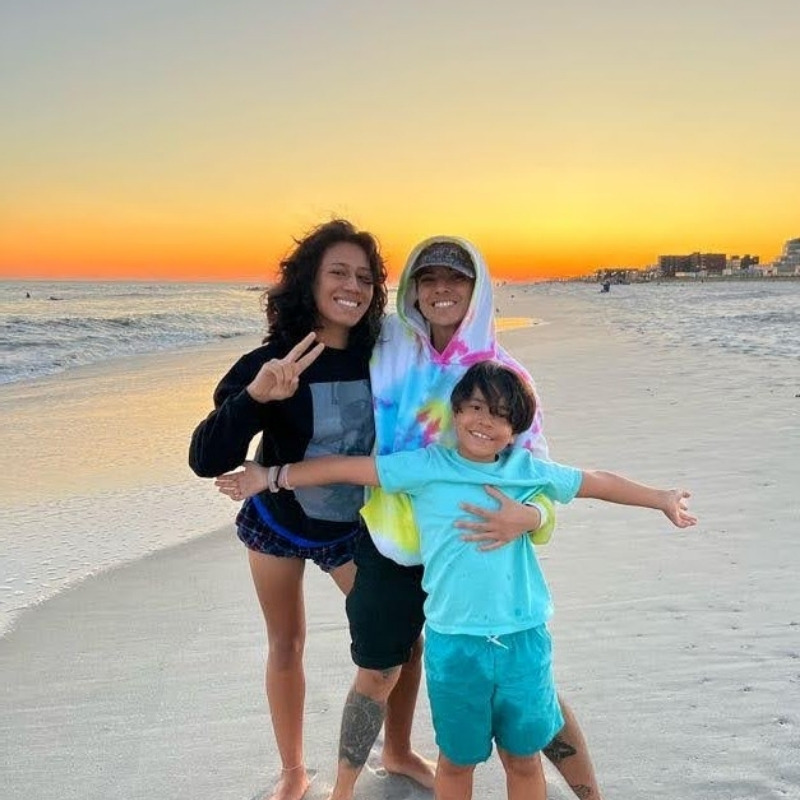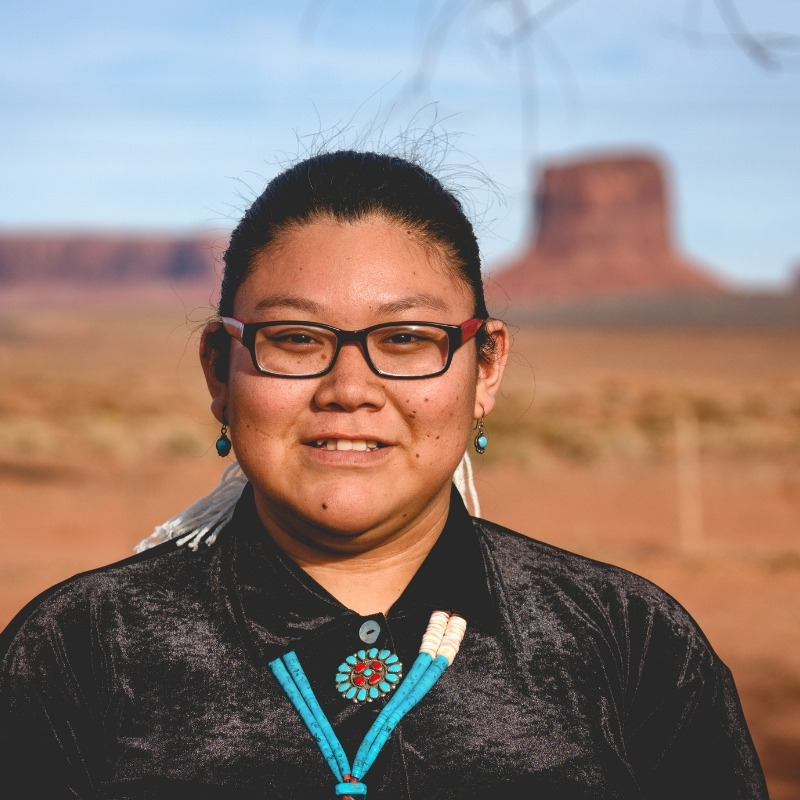ABOUT THE EMBRACE PROJECT
Each group below has unique needs, and culturally responsive or identity-affirming care can help them thrive. Studies show, that meeting a child’s needs based on their culture and identity can reinforce positive growth, self-esteem and safety. When finding the right home or mentor for a child, the priority is stability, connection, and cultural identity.
The first choice is placing them with a relative or extended family member who can provide familiarity and a sense of belonging. When family isn’t an option, the next best choice is a trusted mentor or caregiver from their own community, someone who shares their culture, identity, or lived experience.
If neither is available, the focus shifts to a culturally responsive, identity-affirming adult who, even from a different background, is committed to supporting and celebrating the child’s identity.
Every child deserves to grow up in an environment that nurtures their identity and gives them the stability they need to thrive.
WE ARE FOCUSED ON MAKING REAL CHANGE
WHY FOCUS ON BLACK YOUTH?
Black children are overrepresented in the foster care system and face unique challenges and experiences. In 2020, Black children made up 22% of all kids in foster care in the U.S., even though they only represent 14% of the total child population (AFCARS). Statistics show that Black youth are adopted less frequently than their white counterparts and spend more time in group homes and congregate care, making the possibility of finding a loving home less likely. By placing Black families and children at the forefront of our initiative, we aim to unravel the reasons behind this problem and dismantle the hurdles that hinder their adoption. We are dedicated to understanding these obstacles and making real change across foster care systems.

Kimberlyn found her forever family through
Kidsave’s Summer Miracles program.

Massimo found his forever family through the Weekend Miracles program in Los Angeles.
Why focus on Latino/a youth?
Latino/a children make up 23% of youth in foster care waiting to be adopted but only make up 20% of the youth actually adopted. Latino/a children also have unique cultural needs associated with their identity, language, and sense of belonging. Meeting these needs is essential for their overall well-being and emotional stability. It’s important for placements, mentors, and adoptive families to address these needs in a culturally sensitive and responsive way.
Specific actions are needed, such as providing cultural responsiveness training, language support/bilingual series, and whenever possible, identifying placements who share the child’s culture. If same-culture placements are not available, it’s vital to connect children to extended family or community resources to help maintain cultural ties and emotional stability.
Why LGBTQIA+ children?
An estimated 30% of youth in foster care self-identify as part of the LGBTQIA+ community. These youth face unique challenges including discrimination, lack of acceptance or support, and emotional distress due to abuse or harassment. These children are at higher risk of mental health crises including committing suicide, homelessness, and placement instability.
It is essential to ensure placements, mentors, or adoptive families can provide gender-affirming care and a supportive environment that respects their identity and well-being. Training should be provided to ensure mentors, hosts, and potential families can meet these needs and subsequently help LGBTQIA+ children feel valued, safe, and supported, fostering a healthier, more stable future.

Taylor and Jhon found their forever family through Kidsave’s Summer Miracles program.

What about Indigenous children?
Indigenous children are overrepresented in the foster care system at rates 2.6 times greater than their general population in the United States and face unique challenges like cultural disconnection, trauma, and placement instability. Many struggle with mental health issues and lack access to culturally responsive care. Solutions include prioritizing placements within or near their communities, ensuring connections with extended family, and offering culturally relevant services.
Supporting traditional practices and involving Indigenous leaders in decision-making can help children maintain their identity.

